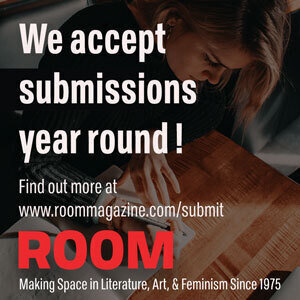CAConrad’s Amanda Paradise (Wave Books, 2021)
by Britt McGillivray
"This was our second plague" CAConrad writes as postscript on the last page of their magnificent collection of poems, Amanda Paradise: Resurrect Extinct Vibration. It's a line that plainly states a connection running through the poems: the harrowing parallels between the tragedies of the AIDS epidemic and COVID-19 virus.
This isn't the only mirroring—CAConrad's transcendent (soma)tic poetry connects interpersonal violence to the cruelty inflicted on the earth, equating homophobia, rape, and torture to the "wounds humans inflict on the planet." To write the poems, CAConrad engaged in a ritual, "flooding their body" with field recordings of mammals, birds, insects, and reptiles extinct and depleted in their lifetime to resurrect what has been lost. The loss—the "vibrations" of those species—is both mighty and an undercurrent, too easily replaced by the buzz of the artificial world in which we live. These poems are an ode and a resurrecting in equal parts; a remembering and a salvaging of the past superimposed on the present—of the people, animals, and organisms that capitalism and ignorance have too easily obliterated.
A skim through CAConrad’s titles alone equips you with the magnitude of their subject matter. Titles such as "FOR THE FERAL SPLENDOR THAT REMAINS” and "ONLY IN STACKING BOOKS CAN THE TREE FEEL ITS WEIGHT AGAIN” contend with capitalism's violence, but importantly, there is also something that remains, that returns again.
In the generosity of CAConrad's language we can find these remains alongside ourselves. They write in “ALTERED AFTER TOO MANY YEARS UNDER THE MASK”: "I forget how I learned to stroll through / grocery stores as though there is no crisis." A couple lines later:
soon no migration of wild animals will
be unknown to humans we will chart
film record publish archive everything
it gives us something to do while we
annihilate beauty[...]
Humans are the annihilated and annihilating, both all too culpable and non-culpable in these poems. And perhaps blame isn't really the point. Rather, CAConrad reminds us of ritual and language's power to jar us, to resurrect our losses and reconnect us to the earth. True to their earlier work, they reject not only the conformity of the left-aligned margin, but also any institution that may homogenize our own unique vibrations or move us further from cosmic connection to the earth and each other.
The beautiful poems in Amanda Paradise are gifts and time capsules, sharp in their capturing of the present and majestic in their ability to offer shards of what else could be possible: for all the,
(...)talented
people spending
many creative hours
perfecting killer drones
guns and bombs to please
know we are waiting for
you on the other side
of art in the No
Kill Zone.
I hope we can all meet there.
Britt McGillivray is a poet and editor from Vancouver, BC (unceded Coast Salish territory), who always has several poetry books in their bag. Their work is published and forthcoming in The New Ohio Review, Contemporary Verse 2, Room Magazine, SAD Mag, The Santa Fe Writers Project, and other journals. A graduate of SFU's Writer's Studio, they're currently completing their first full-length collection of poetry and running andand, a publishing project for queer artists in the Pacific Northwest and beyond.




